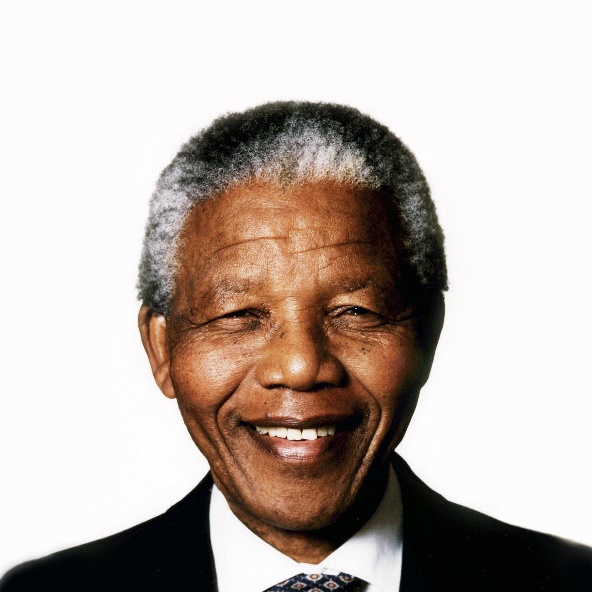Explaining Nelson Mandela’s Leadership Using Key Leadership Theories
James Alderton, Principal Consultant, Bamboo Bridge
No modern leader has left a greater impression on me than Nelson Mandela. When faced by adversity, he showed the courage, wisdom and compassion of a great leader. We saw these leadership qualities in his unswerving commitment to what he believed in, his generosity of heart, and his healing of a country divided by decades of racial segregation and hatred.
In this article, I look at some of the most difficult challenges he had to face in order to illustrate the traits, behaviours and styles of leadership as explained in the relevant theories.
Trait Leadership Theory
Nelson Mandela was born of aristocratic heritage. His great-grandfather was king of the Thembu people, while his father was a local chief and councillor to the monarch. Mandela would later claim that “none of us is born courageous; it is all in how we react to different situations.” As he was not born with a leader’s courage or determination, it can be inferred that these traits were learned.
Behavioural Theory
Behavioural Theory attributes Mandela’s leadership traits to social and cultural conditioning, and not to genetic inheritance.
The concept of ubuntu was a key influence on the young Mandela. Ubuntu encompasses the idea that “people are empowered by other people, and that we become our best selves through unselfish interaction with others”. Traditional values taught Mandela how to listen with an open mind, to consider multiple perspectives, and to build consensus for an idea or decision.
In later life, these skills would define Mandela’s democratic style of leadership. By including others in the decision-making process, he increased their commitment to the decision and the follow up actions to bring those decisions to reality.
Contingency Leadership Theory
In 1948, the Afrikaner-dominated National Party (NP) adopted apartheid, a system of institutionalised racial segregation, as formal government policy.
Contingency Leadership Theory explains how leaders are shaped by their environment.
Apartheid strengthened Mandela’s resolve to fight against apartheid and white minority rule. Together with his followers, he began a campaign of boycotts and strikes. His public appearances and growing influence within the African National Congress (ANC) soon attracted the attention of the authorities.
In 1962, he was arrested and charged with sabotage and conspiracy to overthrow the government.
Charismatic Leadership Theory
At his trial in 1964, Mandela laid out his vision for “a democratic and free society in which all persons live together in harmony and with equal opportunities”.
Charismatic Leadership Theory puts emphasis on the leader’s ability to communicate a compelling vision to their followers. The charismatic leader often arises in periods of change and uncertainty. Their vision and strongly held convictions show their followers the way to achieving common goals.
Like most charismatic leaders, Mandela was a skilled communicator. His final testimony was admirable for its courage and determination. In closing, he described his vision as “an ideal for which I am prepared to die”.
Transformational Leadership Theory
Shortly after his release from prison in 1990, Mandela began negotiations with the NP. The success of these negotiations led to the general elections of 1994 and to Mandela becoming President of South Africa later that year.
Transformational Leadership Theory highlights the importance of self-awareness and humility. These qualities enable the leader to build trust and to strengthen their relationship with followers.
Although uncompromising on the principles of equal rights and universal democracy, Mandela was flexible on most other matters. His willingness to consider other points of view while keeping a clear focus on the common goal was key to his effectiveness as a leader.
By enabling South Africans to transcend their own self-interests, to become their best selves, he united a fractured nation and guided its peaceful transition to a multicultural democracy.
While the other leadership theories yield valuable insight into Mandela’s approach to leadership, it is Transformational Leadership Theory that best captures the traits, behaviours, and style of his extraordinary leadership.

